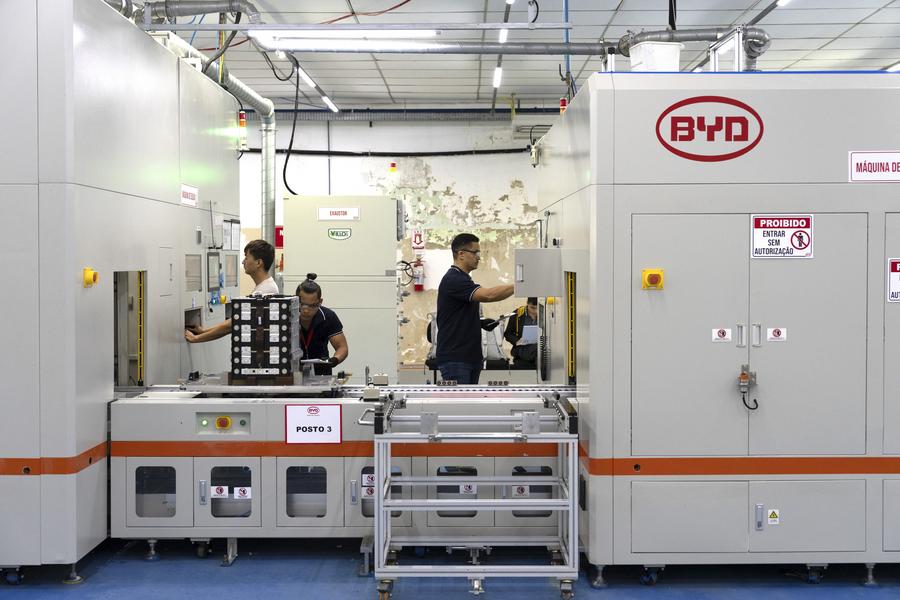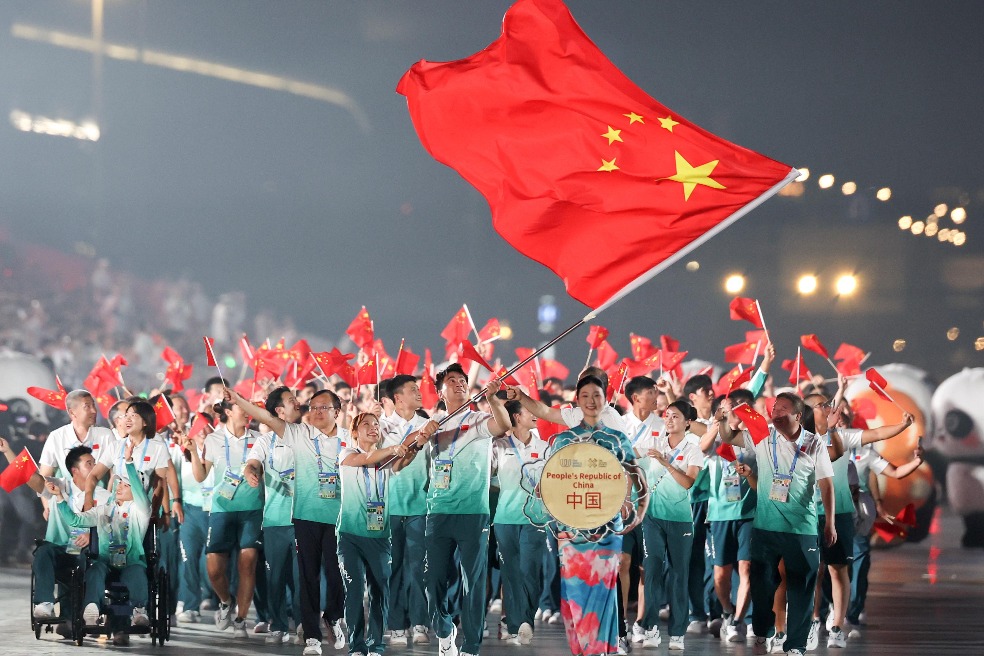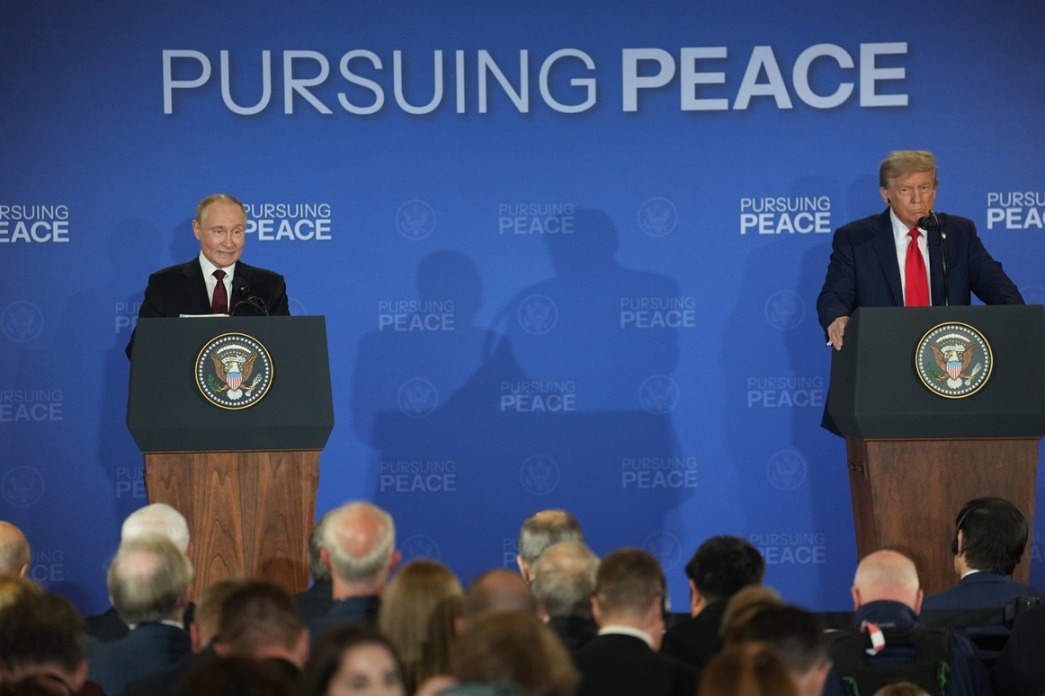Monroeist scaremongering outdated: China Daily editorial


The Monroe Doctrine targeted European countries when it was founded in 1823 and has developed into a cornerstone of the United States' foreign policy toward Latin America ever since. It still prompts some in the US today to smear other countries' normal economic and trade cooperation with Latin American countries as a "threat" to US interests.
No wonder some in the US point to Chinese carmakers' increasing investment in Brazil as evidence of China's intention to "dominate" the Brazilian market, as reported by The New York Times shortly before a Chinese company started localizing its manufacturing of hybrid electric vehicles in the largest Latin American country.
Great Wall Motor's Brazil plant officially commenced operations on Friday, marked by a ceremony for the rollout of its first vehicle, the HAVAL H6 GT. As GWM's third full-process vehicle manufacturing center overseas, the intelligent manufacturing base in Iracemapolis, Sao Paulo, carries the core mission of serving the Latin American market and acts as a key hub linking Europe, Asia and Latin America for the Chinese company.
In his speech at the ceremony, Brazilian President Luiz Inacio Lula da Silva stressed the project's importance for Brazil's industry in not only helping the country acquire technology and improve its capacity to produce vehicles, but also creating jobs, increasing incomes and enhancing the professional expertise of Brazilian workers.
It is normal for the Brazilian leader to take the ceremony as a chance to express the Brazilian government's readiness to support business and welcome more foreign companies, including from China, and call for fair play in world trade given the US' tariff threats to Brazil. However, some in the US have still tried to distort the Chinese project as proof of China's "threat" to the US' interests in what it regards as its "sphere of influence", and misinterpret Lula's remarks.
Those Monroeists should be reminded that the time when the US, or any other Western power, could dictate to the developing countries what they can and cannot do has long gone. Sino-Brazilian economic and trade cooperation does not target any third party. Nor should it be targeted by any third party.
The dirty water the Monroeists try to pour on the normal trade ties between China and Brazil only serves to prove how the two countries' mutually beneficial cooperation has helped improve their capacity to defend their own core development interests and enhance their right to have a voice on the world stage.
Thanks to the strategic autonomy the two major economies of the Global South have demonstrated in their handling of bilateral relations, their practical collaboration has brought tangible benefits to the two nations. China has been Brazil's largest trading partner for 15 consecutive years, and is a major source of foreign investment in Brazil.
In the process, the structure of bilateral trade is becoming increasingly optimized, the level of cooperation is improving, and the scope of shared interests is expanding.
Apart from GWM, BYD, another Chinese new energy carmaker, and some Chinese wind turbine makers are also increasing their input in Brazil. The opening of GWM's new plant indicates that Chinese companies are fostering new growth drivers for future cooperation that is gradually expanding from agriculture, infrastructure, energy and resources to green development, technological innovation and finance.
That's also in line with the two countries' joint commitment to promoting the building of a community with a shared future for a more just world. Together they are striving to realize their shared vision of a fairer multipolar world and shouldering the responsibility to pursue sustainable development and uphold international rules and order.
As the largest developing countries in the Eastern and Western hemispheres respectively, China and Brazil have always supported each other, closely coordinated, and firmly safeguarded the legitimate interests of their own as well as the common interests of the Global South countries.
As President Xi Jinping stressed in his talks with Lula on the phone on Aug 12, China backs the Brazilian people in defending their national sovereignty and supports Brazil in safeguarding its legitimate rights and interests, urging all countries to unite in resolutely fighting against unilateralism and protectionism.
With bilateral relations standing at their best in history, China is ready to work with Brazil to set an example of unity and self-reliance among major countries in the Global South, and jointly build a more just world and a more sustainable planet.

































